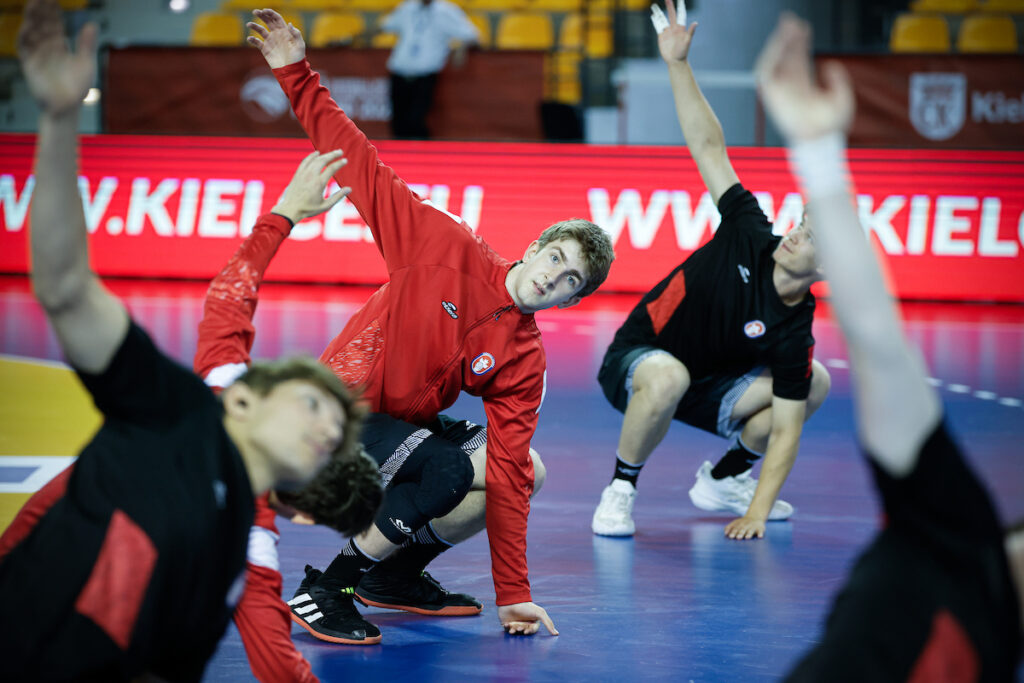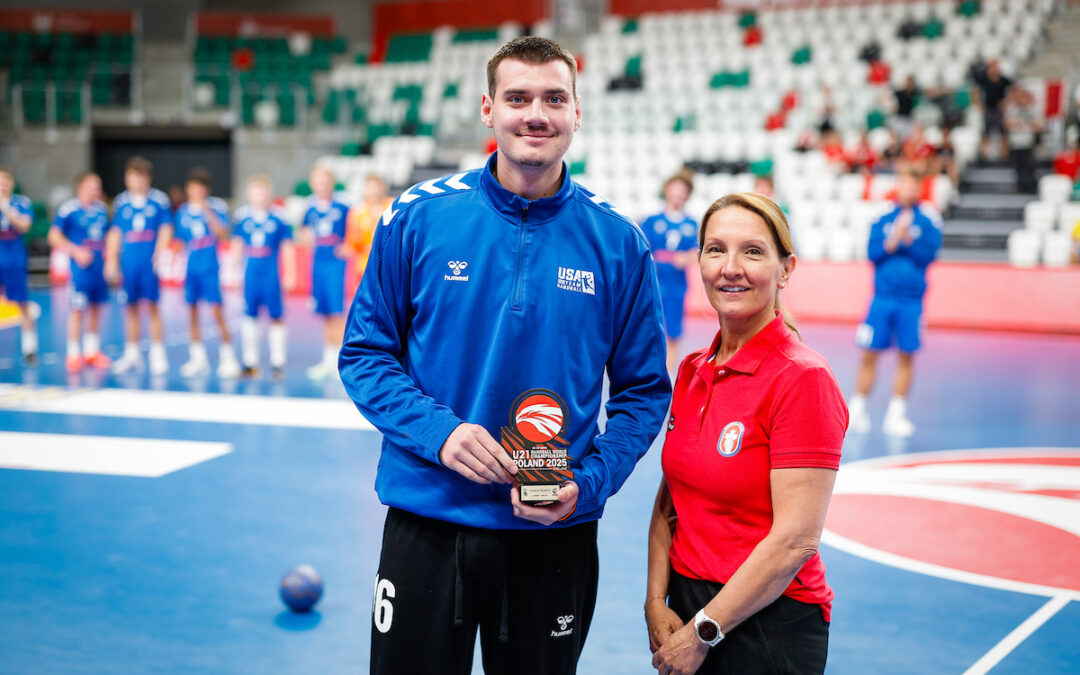Canada took part in the IHF Men’s Junior World Championship for only the second time in history. It was one of those teams that came to Poland primarily to learn, gain experience, and have the opportunity to compete against stronger opponents. Sporting results are not their main focus.
Hockey is Canada’s national sport, and no other discipline is likely to ever reach the same level of popularity. However, handball is trying to carve out its space — there are school teams, school competitions, and the inspiration comes mainly from Scandinavia and France.
– A few years ago, we took our youth development boys’ team to Serbia. We’ve also been to South Korea, Japan, Germany, and Denmark. These trips combine sport and cultural exchange and are critical for development. Europe is the heart of handball. But coming here is expensive. Still, our players need to see what’s happening here and ask themselves: ‘They’ve done it, so why can’t I?’ — said Carrie Kuypers, the president of the Canadian Team Handball Federation, in an interview.
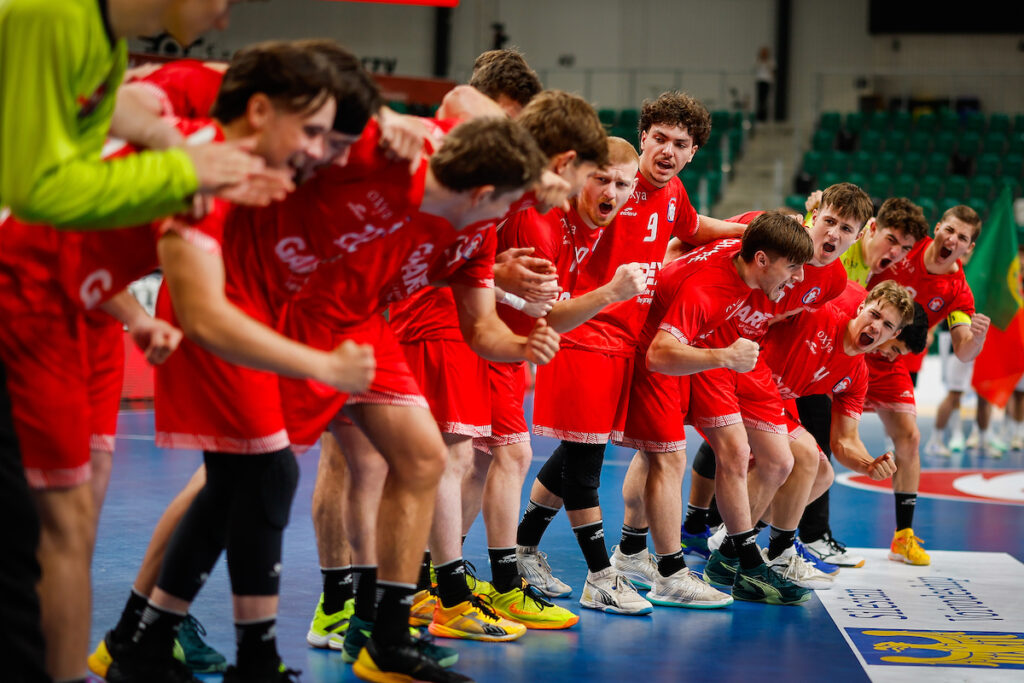
Marcin Batóg: What does your presence at this tournament mean to you? Not necessarily from a sports perspective, but more from a psychological or promotional point of view.
Carrie Kuypers, the President of the Canadian Team Handball Federation: The way I thought about that tournament that’s crucial, very important for our federation as it provides valuable experience for our young players and helps us measure our progress against the top international competition.
I’ve noticed that most players on your team speak French. Why is that?
In Canada, we have several handball clubs in Quebec, and also quite a few in Alberta. Many of our national coaches are from Quebec, which is a predominantly French-speaking province. This language factor can sometimes create challenges for players who don’t speak French, as we often need translators. Although we do have eight federations throughout Canada, it’s just where our national coaches are right now.
So, just to clarify, is handball more popular in Quebec than in western Canada?
Not necessarily. We have strong participation numbers in Alberta and Saskatchewan as well. It’s more about the current organizational setup. We’re working on building talent across all provinces, but at the moment, the core group of coaches and infrastructure is based in Quebec.
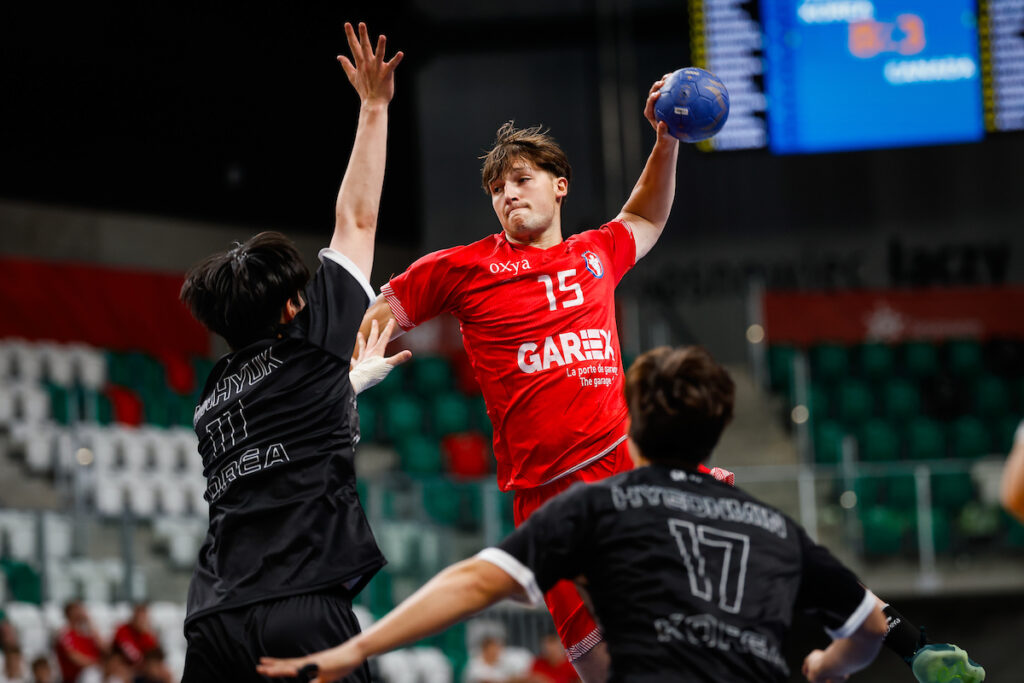
Canada is a huge country. Does the size pose a challenge in building a national handball organization or community?
The distance is a real challenge. For example, flying from Quebec to Alberta takes about four to five hours. That kind of separation makes it difficult to bring players and coaches together for centralized training. We do have strong clubs in Quebec, Alberta, and some in Saskatchewan, but coordinating them is tough due to geography.
Do you have any ideas for solving that problem—or is it unsolvable?
It is solvable. What we started to do within the last little while since I’ve been here is cost-sharing. It may have happened prior, I don’t know the history. Every player, regardless of where they live, contributes a fixed amount. This helps offset travel costs and ensures that players from more remote areas aren’t financially burdened. We spread the costs evenly to make joint training possible.
Let’s switch topics a bit. How is handball organized in Canada? Do you have a league system? How do you develop players through competition?
I can speak more specifically about Alberta, since that’s where I’m from. In Alberta, we have a federation and clubs located in Calgary (southern Alberta), Red Deer (central), and Edmonton. Edmonton, in particular, has a strong handball community with a rich history. Alberta handball was actually started by Hungarian immigrants, similar to how it began in Quebec.
During the winter season, from September to May, clubs play against each other in local league. At the end of the season, there is a big tournament. Most of these clubs are tied to school programs, starting from junior high (ages 12–14). They don’t usually start earlier than that, because hockey dominates at younger ages. But once students are introduced to handball in school, many continue playing and join clubs.
Every year, schools host handball tournaments. We try to recruit players from the school system into clubs. Currently, around a thousand students are playing in school leagues, and we try to transition them into our club programs. From there, club players may join the Alberta provincial team, which travels internationally. Some players from those clubs have gone to Denmark and Germany. Alberta tends to look to Scandinavia for inspiration, while Quebec prefers Franc, but that’s just a matter of preference.
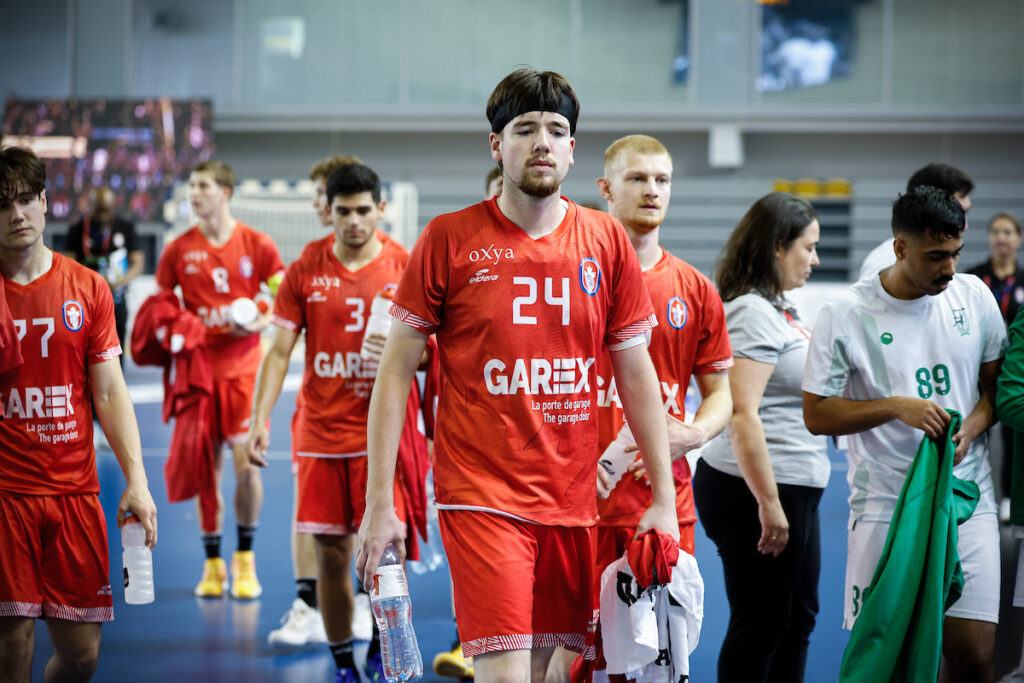
How hard is it to get young kids or teenagers interested in handball in a country where hockey is the number one sport? Handball is a beautiful and exciting game but also it’s tactical and technical, especially when it comes to the rules.
Hockey dominates, and the gap between it and any other sport is massive. Many kids join because their parents played handball and introduce them to the sport early on. It’s also more accessible—no need to spend sources to skates, helmets, or additional training like skating lessons. Handball is cheaper to get into. Schools play a key role, too. Once students are exposed to handball, they often find it unique, strategic, and fun.
A few years ago, we took our youth development boys’ team to Serbia. We’ve also been to South Korea, Japan, Germany, and Denmark. These trips combine sport and cultural exchange and are critical for development. Europe is the heart of handball. But to come here is expensive. Although our players need to see what’s happening in Europe. To slowly make their way out. And say: they’ve done it so why can’t I?
Author: Marcin Batóg
